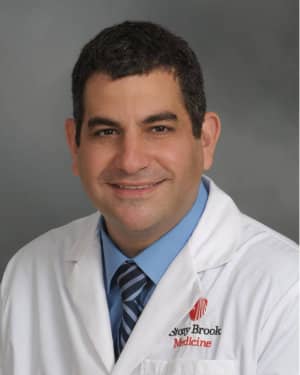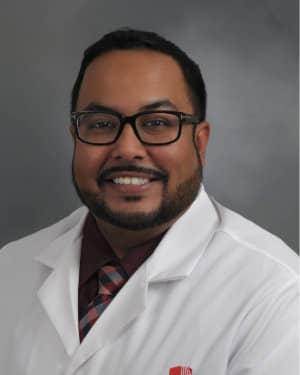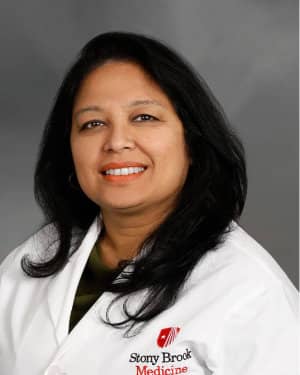Left Navigation - Center for Advanced Lipid (Cholesterol) Management
Center for Advanced Lipid (Cholesterol) Management
Take control of your cardiovascular health with a specialized team dedicated to managing your cholesterol and reducing your risk for heart disease.
At the Center for Advanced Lipid (Cholesterol) Management, you will have a full team behind you — led by a cardiologist who is a board-certified lipidologist — to provide in-depth, focused prevention and treatment to meet your health goals.
High cholesterol levels can pose serious risks, which is why it's important for anyone with a cholesterol imbalance to be seen by an expert for proper assessment. Our goal is to provide earlier diagnosis and aggressive prevention so you can be proactive and prevent premature heart disease.
Conditions Treated
You may benefit from a consultation with our lipidologists for several reasons. We specialize in treating patients who have:
- A cholesterol imbalance, particularly high cholesterol levels.
- A diagnosis of cardiovascular disease but have not been able to reach optimal cholesterol levels.
- An intolerance or adverse side effects from cholesterol-lowering medications.
- A family history of elevated cholesterol or heart disease diagnosed at an early age.
- Risk factors like high blood pressure or diabetes and want to actively prevent heart disease.
Cholesterol Management Services
Our prevention team goes beyond the basics to provide comprehensive and proactive care. We partner with you to achieve your optimal health goals through:
- Expert assessment: We conduct a thorough evaluation to understand your specific cholesterol profile and cardiovascular risk factors.
- Personalized treatment plans: Our team develops effective, customized lipid-lowering treatment plans that can be lifesaving and help you achieve optimal cholesterol levels.
- Advanced management: We offer specialized care for patients who have not responded to standard therapies or have experienced side effects from medications.
- Proactive prevention: By identifying risks early, we empower you with strategies to get ahead of heart disease before it progresses.
Our Team
Our clinicians are actively involved in the science of lipids, ensuring we bring the best-in-class knowledge to our patients.



